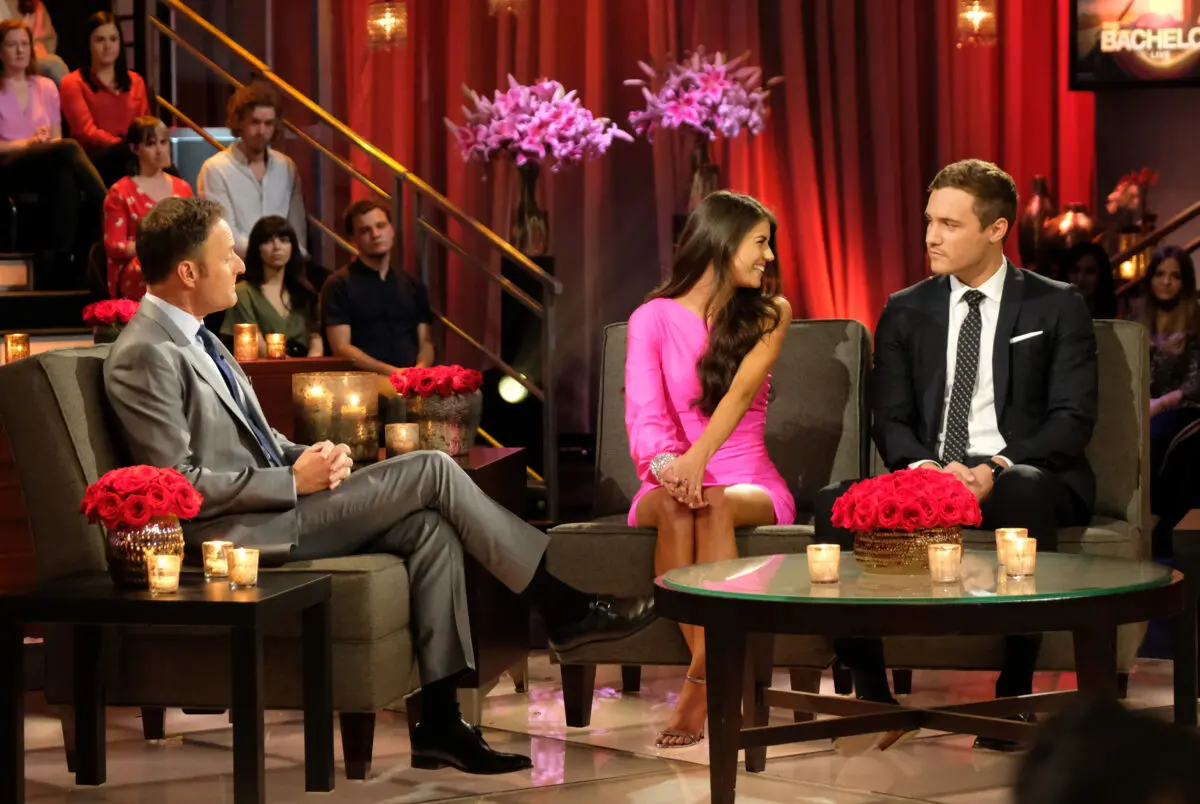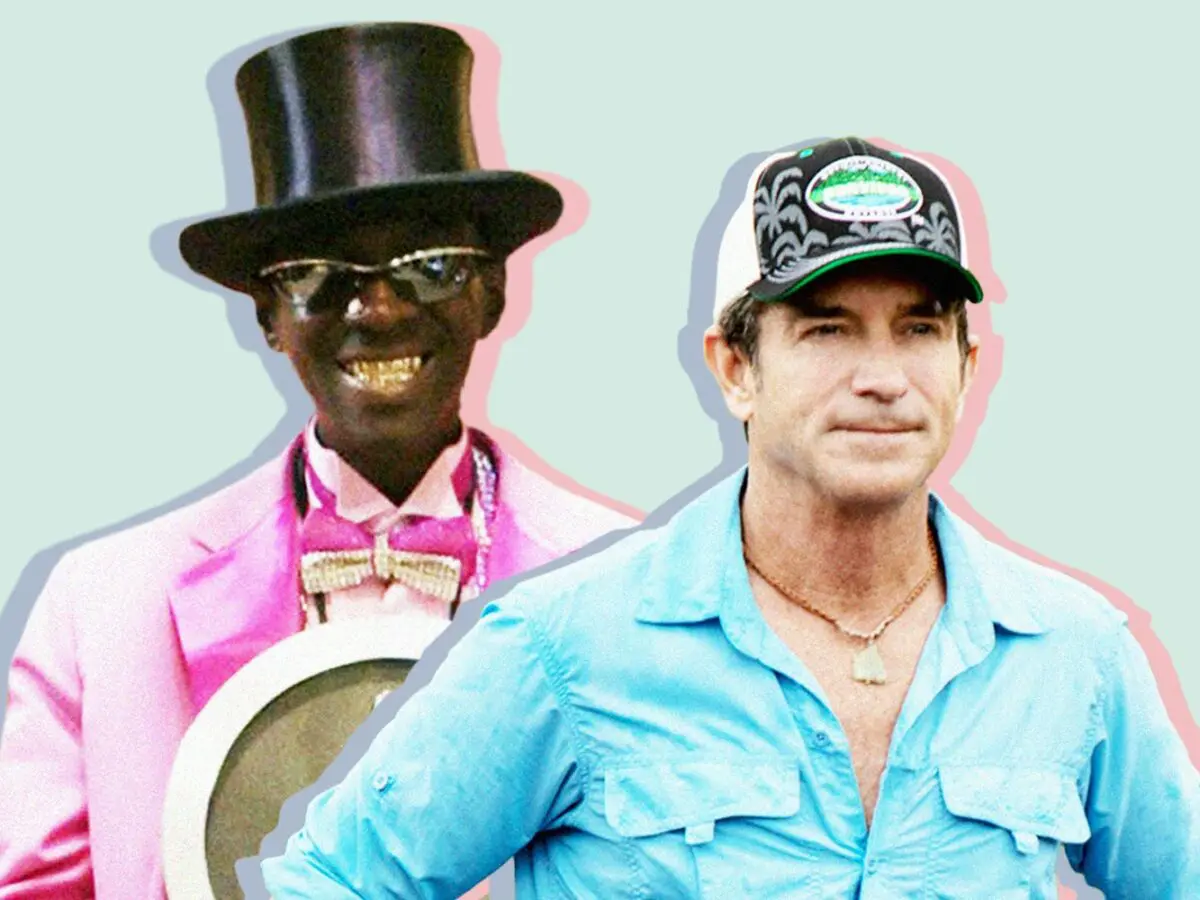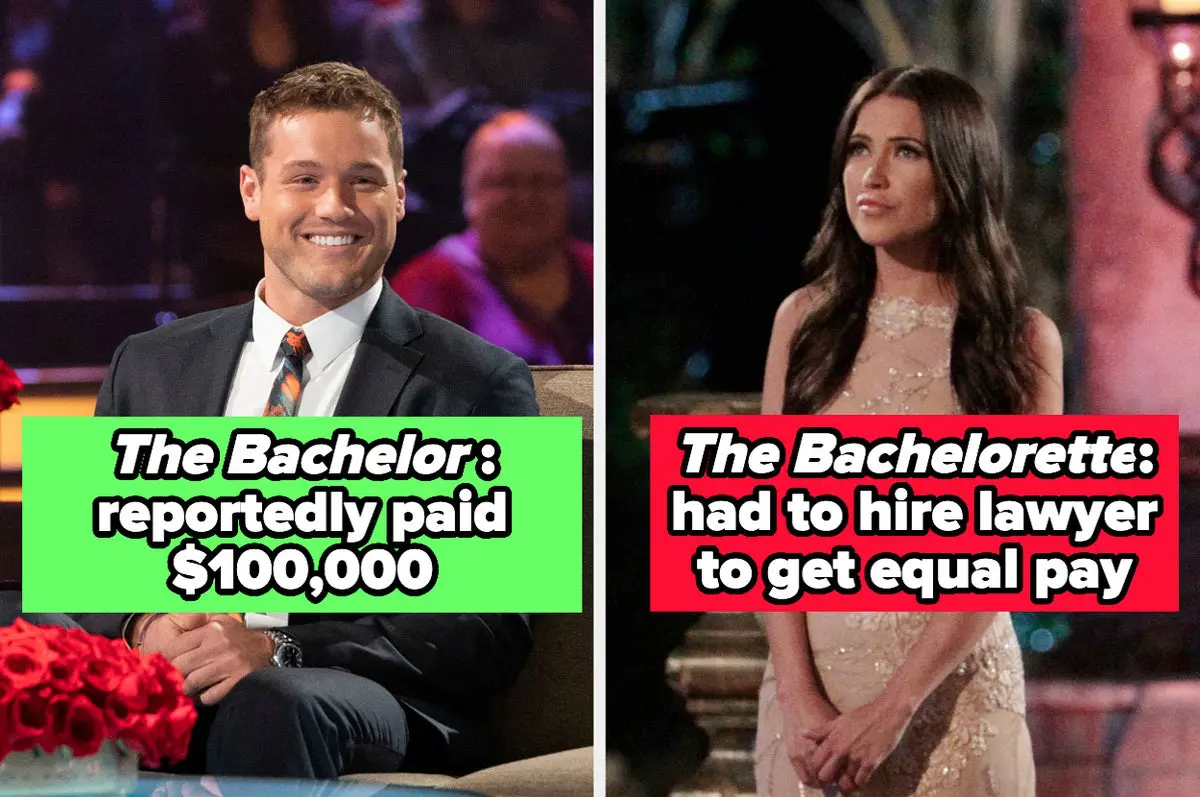Reality television has always been a fascinating realm, capturing audiences with its blend of drama, relationships, and sometimes, controversy. Recently, the popular show, Love Is Blind, found itself enmeshed in a significant legal controversy that could reshape the industry’s future. A lawsuit filed against its producers by former contestants raises pressing questions about labor rights and the treatment of reality TV stars.
This development is not merely a legal matter; it’s a turning point for reality television, as it has the potential to redefine how cast members are classified and treated under the law. With strong implications for other shows, the fallout from this lawsuit could alter viewer perceptions and the very fabric of unscripted television.
Understanding the Lawsuit: Contestant Rights in Reality TV
The controversy began when the National Labor Relations Board (NLRB) filed a complaint asserting that the producers of Love Is Blind misclassified their contestants. According to the NLRB, these individuals should be considered employees, which would entitle them to various rights and protections typically afforded to workers.
By arguing that contestants are employees, the lawsuit highlights the issue of labor rights in reality TV, and shows how contestants often operate under precarious conditions. Historically, reality TV producers have enjoyed a low-cost production model, which has made these shows widely popular among networks and streaming platforms. If contesting this model leads to significant changes, the implications would ripple across the industry.
The Changing Landscape of Reality Television
This lawsuit is reminiscent of broader labor discussions occurring across numerous industries. The classification of workers has become a focal point for labor rights advocates, and reality television is now squarely in the spotlight. The outcome of this case could set a precedent that might lead to more substantial legal protections for cast members on other reality shows.
For reality TV enthusiasts and casual viewers alike, understanding this shift is crucial. It represents a movement towards accountability and fairness in an industry known for its often exploitative nature. Contestants who pour their heart and soul into these series — frequently for the sake of entertainment — deserve recognition and protection.
Unpacking the Producer’s Perspective
A former producer from The Bachelor has shared insights into how this lawsuit could change the way shows are produced in the future. They highlighted that many production companies might adopt new practices to avoid similar legal entanglements. This could lead to higher production costs as networks may need to invest in creating safer and more equitable working environments for their contestants.
The producer stressed the importance of balancing entertainment value with the ethical treatment of participants. If larger networks like Netflix and others are forced to rethink their operational models, it may lead to a shift away from sensationalism towards a more responsible portrayal of contestants.
This change could also encourage the development of more transparent relationships between production teams and contestants, providing clear contracts and guidelines that delineate roles and expectations. In turn, this can foster a healthier reality TV environment, benefitting both the creators and the cast.
The Broader Implications for Reality TV Industry
This lawsuit isn’t an isolated incident; rather, it is indicative of broader changes within the reality TV landscape. As audiences become increasingly aware of the ethical dimensions of entertainment, they are demanding higher standards from the shows they love. The push for contestant rights aligns with evolving societal values, emphasizing respect, representation, and responsibility.
If the NLRB’s claim gains traction, it could inspire more contestants from various reality shows to speak out about their experiences. They may seek legal recourse similar to what Love Is Blind’s contestants are currently pursuing. This could lead to a movement that challenges the status quo in reality television.
Building a More Ethical Framework
The potential outcome of this lawsuit may lay the groundwork for a more ethical framework surrounding reality television. Producers and networks would have to develop new industry standards that protect participants from exploitation and mistreatment. Such frameworks could mean the difference between a production culture that thrives on shock value and one that honors personal stories and experiences.
A creative and responsible television industry would not only change the atmosphere behind the camera. It would also influence how stories are told on screen. Audiences crave authenticity, and as demands for ethical treatment rise, so too will the stories that emerge from those conditions.
Viewers may witness a new breed of reality programming that is more nuanced, less sensationalized, and reflective of lived experiences. This could lead to a more diverse range of perspectives showcased, moving away from stereotypes often perpetuated in reality TV.

Reality TV’s Labor Rights Revolution
The world of reality television is ripe for revolution. As discussions around labor rights in Love Is Blind gain momentum, there is a growing belief that this could be the beginning of a significant transformation in the genre. Producers and networks might be driven to innovate and create a more supportive framework, acknowledging the labor performed by contestants.
With this shift, the narratives we see will likely become more intricate and relatable. The contestants, who often embody diverse backgrounds, will have their stories elevated beyond mere entertainment. By recognizing their contributions, producers can create programs that resonate with audiences on a deeper level.
Industry Response to the Lawsuit
In response to the mounting pressure, various production companies may adjust their practices to ensure compliance with emerging legal frameworks around contestant rights. This can lead to significant changes within reality television, including revising contracts and improving conditions for cast members. The willingness to adapt not only demonstrates the industry’s commitment to change but also establishes a foundation for a more sustainable model.
As these practices become standard, the entertainment landscape could change dramatically. Audiences may start to gravitate towards programs that champion ethical storytelling and representation, leading to an overall uplift in content quality across the board.

Future Prospects: Will Reality TV Change for Good?
The future of reality television hangs in the balance as the industry grapples with the implications of this lawsuit. If the NLRB’s actions set a precedent, we may witness a major overhaul in how shows are produced and how cast members are treated. It may inspire future contestants to seek support and advocates to push for their rights.
Moreover, the possibility of regulatory changes offers hope for elevating industry standards. A reality show landscape that prioritizes ethical production practices could very well mark the dawn of a new era.
Potential Shifts in Audience Perception
As this narrative unfolds, audience perceptions of reality television will likely transform. People may become more critical of how shows portray contestants and the ethical implications of their production choices. This heightened awareness might also deepen their connection to the content, leading to a demand for greater authenticity in storytelling.
Additionally, audiences might increasingly support productions that align with their values. Their choices at the viewing platform could influence which shows thrive in the oversaturated reality TV market. As viewers become more vocal, networks must take note and adjust accordingly.

Conclusion: The New Norms of Reality Television
The current trajectory of reality television is ignited by a critical conversation about contestant rights and ethical practices. The outcomes of the Love Is Blind lawsuit could redefine industry norms, emphasizing transparency, respect, and fairness.
As the industry evolves, the question arises whether reality TV can successfully balance entertainment with integrity. This challenging path presents exciting opportunities for growth and improvement, not only ensuring the welfare of participants but enriching viewer experiences in unprecedented ways.
Source: parade.com
I’m Mikael, a 35-year-old Gossip Gravity Creator. I’m passionate about curating captivating content that sparks conversations and ignites curiosity. Join me on this exciting journey as we explore the fascinating world of gossip and trends together!



